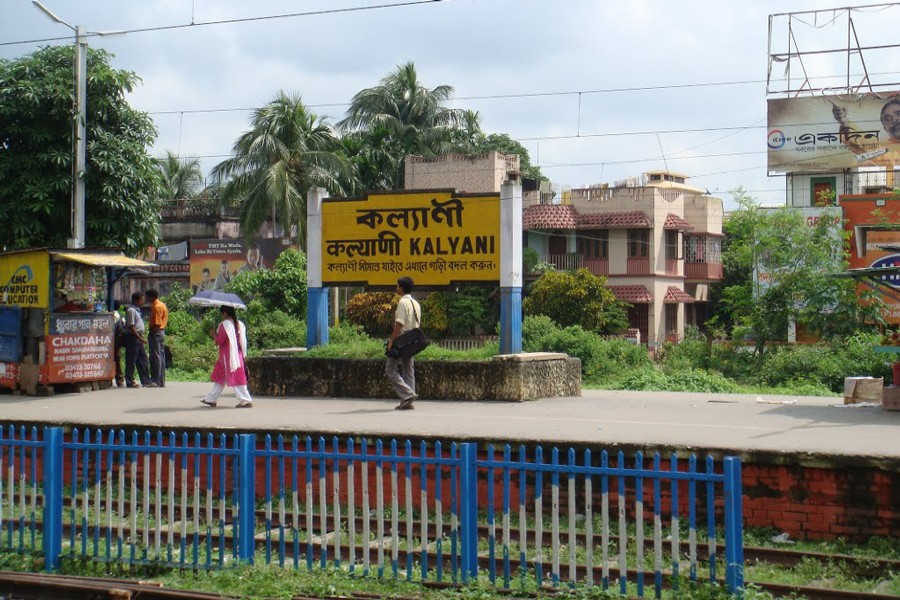
Published :
Updated :

History is a witness to the fact that settlers anywhere on this globe have provided momentum to the pace of civilisation. The generation that has moved in search of a better living has done well because it opted for working hard and saving as much as possible. The subcontinent has been riven by communal conflicts followed by mass exoduses. Not all who opted for settling in areas on the other side of the newly created border got locations of their choice -least of all the geographic conditions similar to theirs they left behind.
However, some backward communities which migrated late were wise enough to stay together and create localities similar to the ones they had to surrender in the land of their birth. They fought against local communities in the new country, which did not like their presence and the way the newly arrived claimed lands the locals considered their own. The settlers had to endure the official opposition and manoeuvre to master political support. The process was not smooth. But somehow they managed to establish their right to the land.
What was once a very low-lying area fit for cultivation of one or two crops to the north-west of Kalyani railway station in West Bengal has now become a thriving semi-urban settlement enjoying most of the utilities city people expect to have. Similarly, another settlement of displaced communities arriving long after partition at a literally barren place on the bank of Ganga to the south of Nabadwip is also in a similar transition. It is yet to receive the timely supply of water from the municipality but access to other utilities has been possible.
What is remarkable is the tree covers in both places. Their nostalgia for the many fruit trees such as mango, jackfruit, lichi, pomelo (jambura), guava, wood apple along with betel tree have prompted them to nurture those in abundance. What was noticeably missing was date trees and gab (parsimmon) trees. Even banana trees were scarcely found. Yet their absence was no bar at giving an impression that the settlers from Kalkini, Madaripur and Kotalipara were painstakingly recreating the environment they lived once surrounded by indigenous trees, creepers and bushes.
So much for the physical infrastructure and natural environment. What about their collective recollection of their past, their history? Theirs is a past buried in the twilight of history. Or were they ever conscious of history? Several generations ago, the ancestors of these people moved to areas where communications were difficult. The tale is that they were driven by foreign invaders. But there is no historical proof of this.
It is myth that governed their life then and now they have been displaced once again, ironically, to the areas from where they were driven out. If their history is obscured in the mystery of time, at least they had epics and mythology to fall back upon for consolation. Now the generation that has known their fathers' settlements their home do not subscribe to their ancestors' conviction of a desirable land. The collective ennui of modern man may attack them but they are unlikely to suffer from the nostalgia, pining for a home left on the other side of the border.
Compared with Rohingya, these people are lucky enough to have found their home and hearth -albeit in an unfamiliar place. But their undying memory has subconsciously guided them to recreate the lost environment. For settlers from Kotalipara, though, the once arid banks of the Ganga -mostly because of the sand deposited there -have now turned verdure on account of consistent struggle by some people there. Originally designated for creation of forests, the settlers wrested the area for their inhabitation. Soon this locality is expected to develop into a township with the introduction of railways close by.
So the settlers here apparently have no cause for grudging their fate. But the elders who used to go to the Daulat Khan River on boats to trap Hilsha in their nets may still feel their thick blood tingling because in their new destinations they will never go through a similar experience. For once the pains of rootlessness may surge across their bosoms to mist their tired eyes.


 For all latest news, follow The Financial Express Google News channel.
For all latest news, follow The Financial Express Google News channel.